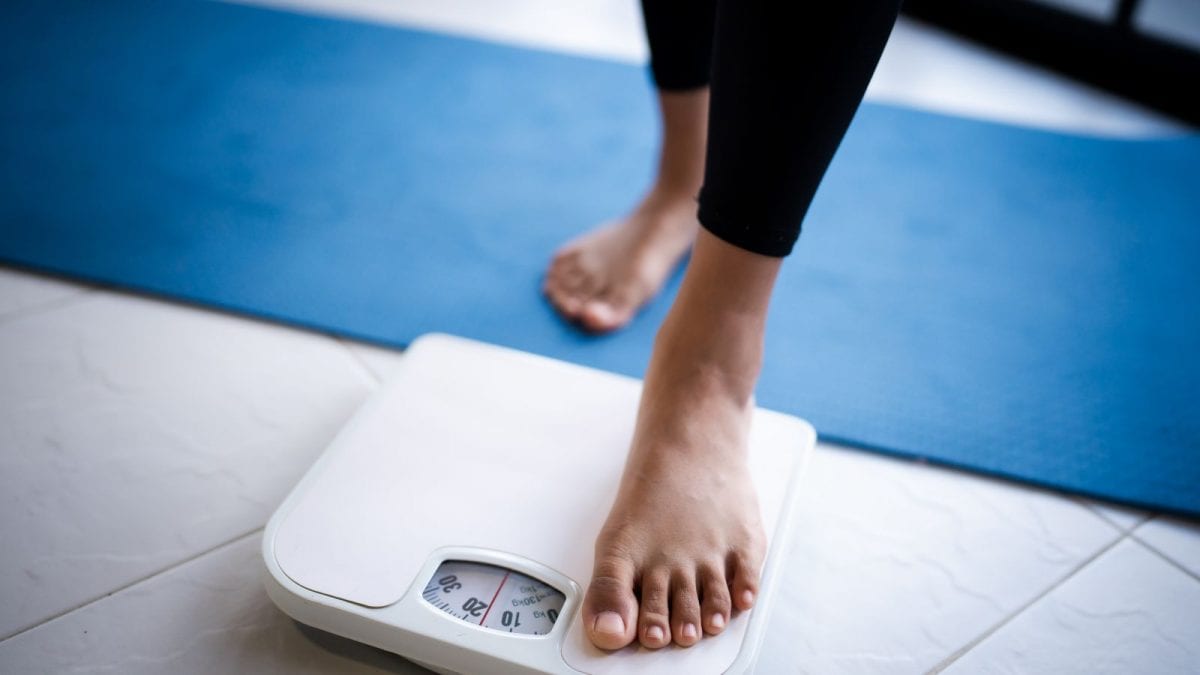Last Updated:
While the Body Mass Index (BMI) provides a general estimate and is a useful guideline, it may not always be accurate for Indian women.

BMI is a standard method to assess weight-height balance.
For decades, Body Mass Index (BMI) has been the go-to tool for judging health and obesity. But new research shows it can be misleading, especially for Indian women. While BMI measures weight against height, it doesn’t account for how fat is distributed. Many women who fall into a “normal” BMI range still carry excess fat around the waist, which can be far more dangerous than the scale suggests.
Why BMI Alone Doesn’t Tell the Whole Story
“What research highlights is a reality we see routinely in clinical practice. BMI in isolation is a poor marker of health, especially in Indian women,” explains Dr. Vaani Mehta, Fertility Specialist, Birla Fertility & IVF, Chandigarh. “Numerous young women have so-called ‘normal’ BMI but have excess central fat. This central fat is metabolically active and highly linked with insulin resistance, PCOS, irregular menses, and infertility,” she adds.
Genetics add to the challenge. Indian women are predisposed to accumulate abdominal fat even at lower weights. Dr. Mehta adds that waist-to-hip ratio, menstrual history, and lifestyle profiling often provide a much clearer picture than BMI alone.
The Hidden Risk of Abdominal Fat
Dr. Anshu Chaturvedi, Head of Dietetics, CK Birla Hospitals, Jaipur, points out: “Many young Indian women fall into a ‘normal’ BMI range yet carry fat around their waist and abdomen. That kind of fat is dangerous. It can trigger insulin resistance and increase the risk of PCOS and other metabolic problems, even when weight appears normal.”
She stresses the importance of awareness: “Women cannot assume a normal BMI means they are safe. Symptoms like irregular periods, sudden belly fat, or signs of insulin imbalance often matter more than the number on the scale.”
Beyond BMI: Smarter Screening
Dr. Parnamita Bhattacharya, Gynaecologist, CMRI Kolkata, agrees. “We frequently see cases of abnormal fat accumulation around the waist and upper abdomen, which is linked to insulin resistance, hormonal imbalance, and fertility challenges. A simple waist-to-hip ratio measurement is often more telling than BMI – anything above 0.85 in women should raise concern.”
Dr. Mehta says, “For a woman planning pregnancy, it would be unwise to assume that a normal BMI means healthy reproductive potential. Identifying risks early makes a big difference for both fertility and long-term health.”
While BMI can provide a rough estimate, it is far from complete. Doctors recommend women pay closer attention to body composition, waist size, and metabolic health markers.
- Location :
Delhi, India, India







